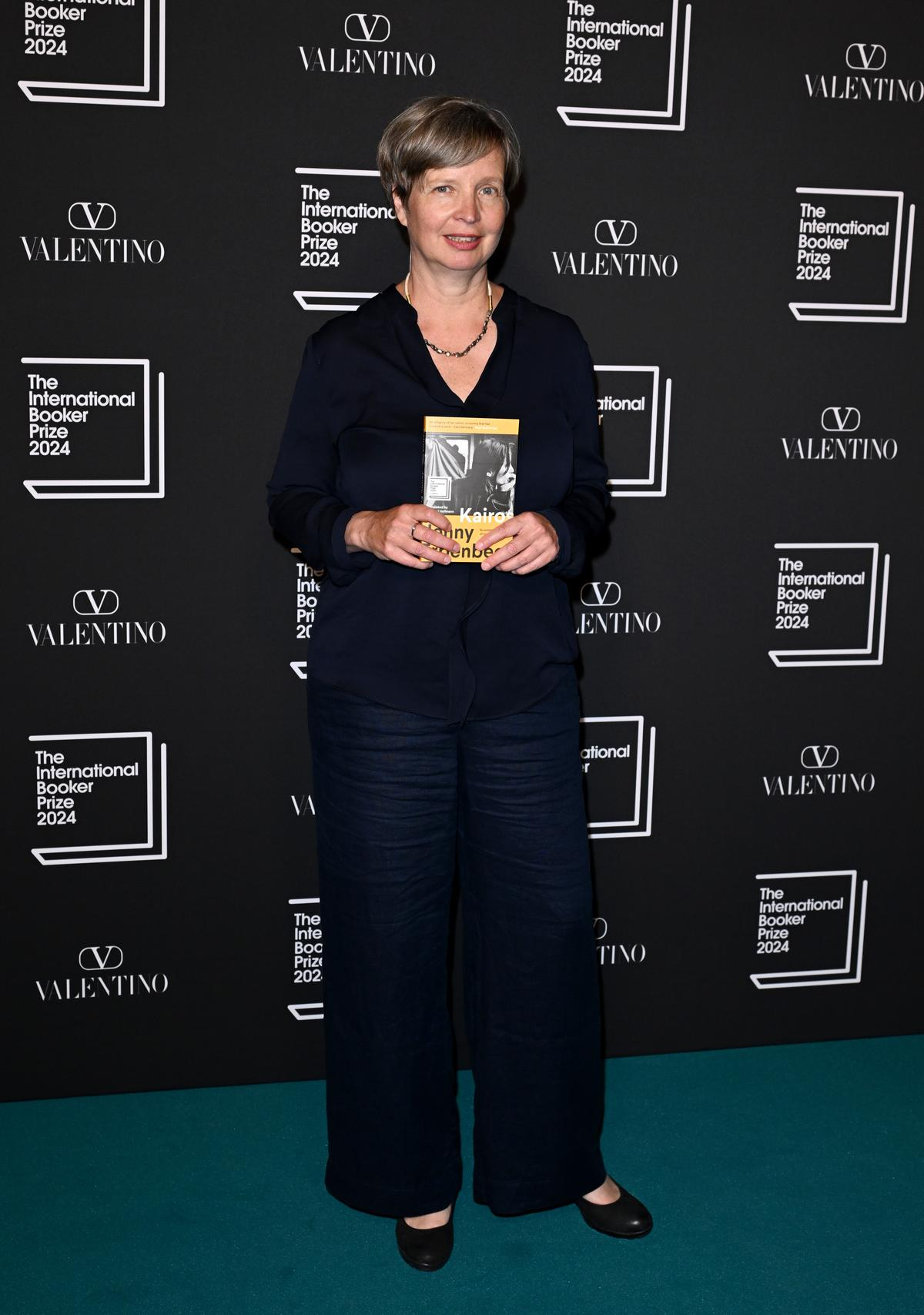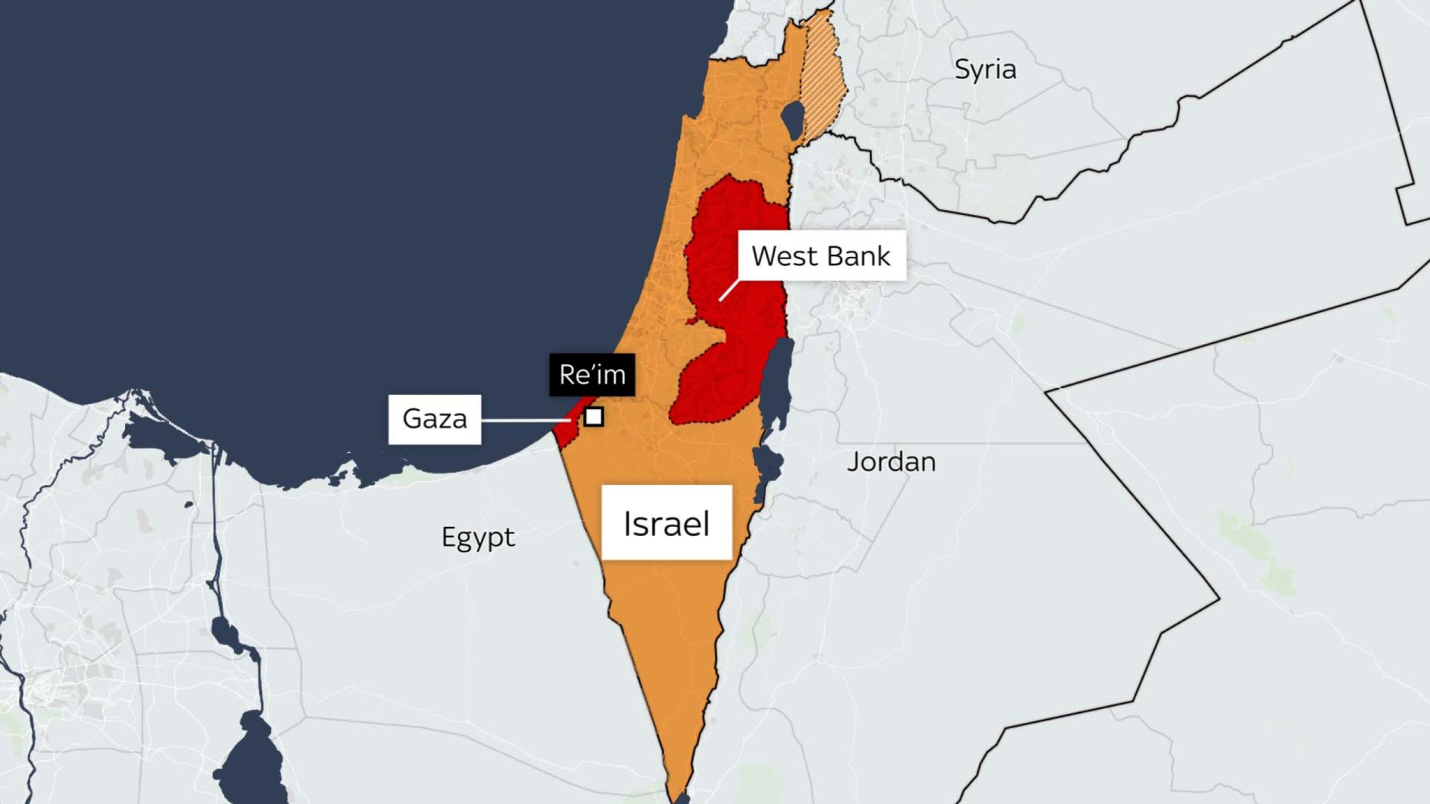Description

Copyright infringement is not intended
Context: Ukraine has accused Russia of falsely claiming that "acts of genocide have occurred in the Luhansk and Donetsk oblasts of Ukraine", and of using that as a pretext to recognise the independence of these regions and of going to war against Ukraine.
International Court of Justice (ICJ):
- It is the principal judicial organ of the United Nations (UN).
- It was established in June 1945 by the Charter of the United Nations and began work in April 1946.
- ICJ is the successor to the Permanent Court of International Justice (PCIJ), which was brought into being by the League of Nations in 1922.
- Seat: ICJ is based at the Peace Palace in The Hague. It is the only one of the six principal organs of the UN that is not located in New York City.
- Roles: “to settle legal disputes submitted to it by States and to give advisory opinions on legal questions referred to it by authorized United Nations organs and specialized agencies”.
- Membership: All members of the UN are automatically parties to the ICJ statute, but this does not automatically give the ICJ jurisdiction over disputes involving them. The ICJ gets jurisdiction only if both parties consent to it.
- Appellate: The judgment of the ICJ is final and technically binding on the parties to a case. There is no provision of appeal; it can at the most, be subject to interpretation or, upon the discovery of a new fact, revision.
- ICJ has no way to ensure compliance of its orders, and its authority is derived from the willingness of countries to abide by them.
- ICJ has 15 judges who are elected to nine-year terms by the UN General Assembly and Security Council, which vote simultaneously but separately. Four Indians have been members of the ICJ so far. Justice Dalveer Bhandari, former judge of the Supreme Court, has been serving at the ICJ since 2012.
India at the ICJ:
- India has been a party to a case at the ICJ on six occasions, four of which have involved Pakistan.
- They are:
- Right of Passage over Indian Territory (Portugal v. India, culminated 1960);
- Appeal Relating to the Jurisdiction of the ICAO Council (India v. Pakistan, culminated 1972);
- Trial of Pakistani Prisoners of War (Pakistan v. India, culminated 1973);
- Aerial Incident of 10 August 1999 (Pakistan v. India, culminated 2000);
- Obligations concerning Negotiations relating to Cessation of the Nuclear Arms Race and to Nuclear Disarmament (Marshall Islands v. India, culminated 2016); and
- (Kulbhushan) Jadhav (India v. Pakistan, culminated 2019).
ICJ Vs. ICC:

https://indianexpress.com/article/explained/everyday-explainers/international-court-of-justice-russia-ukraine-7795024/
















